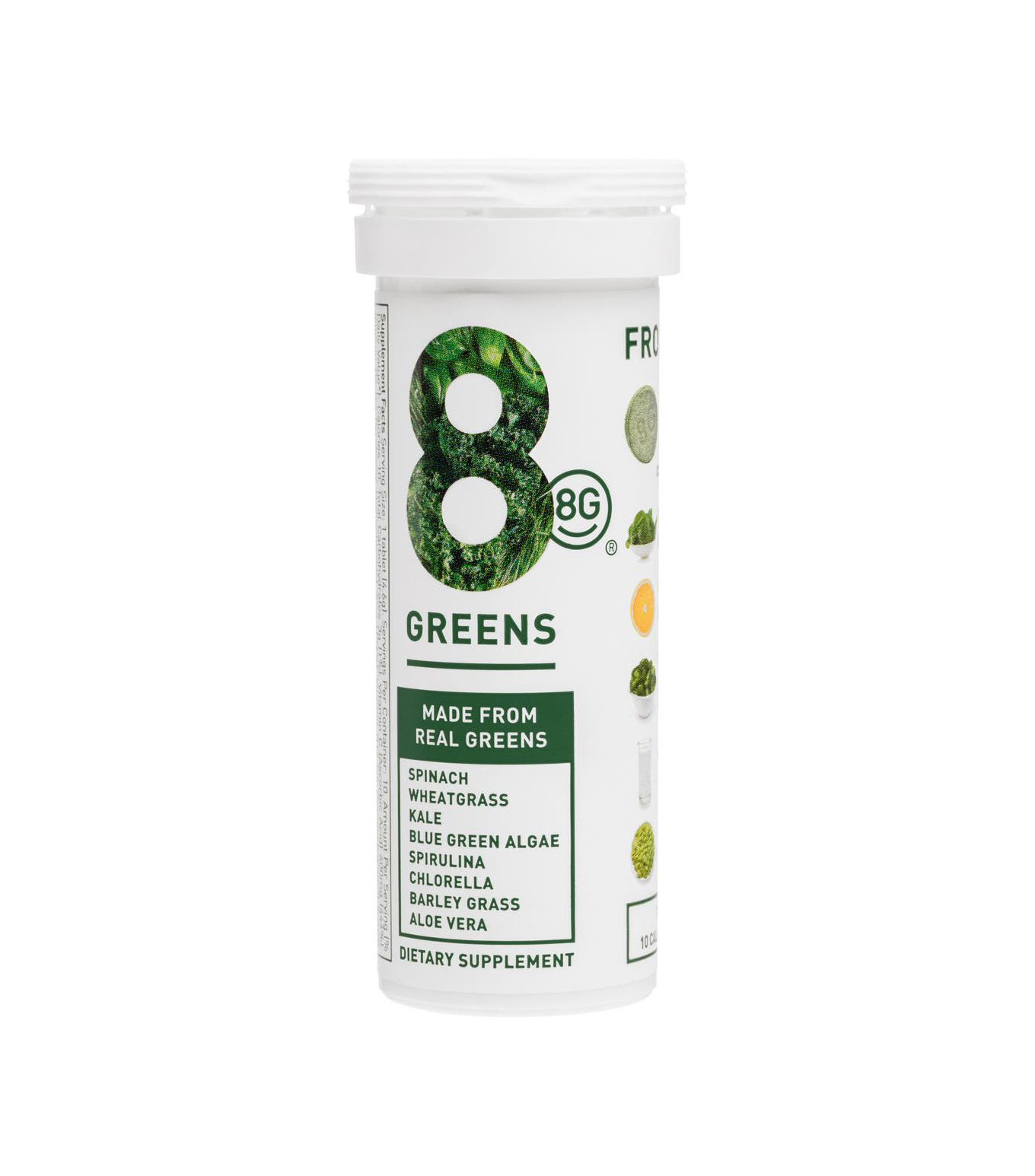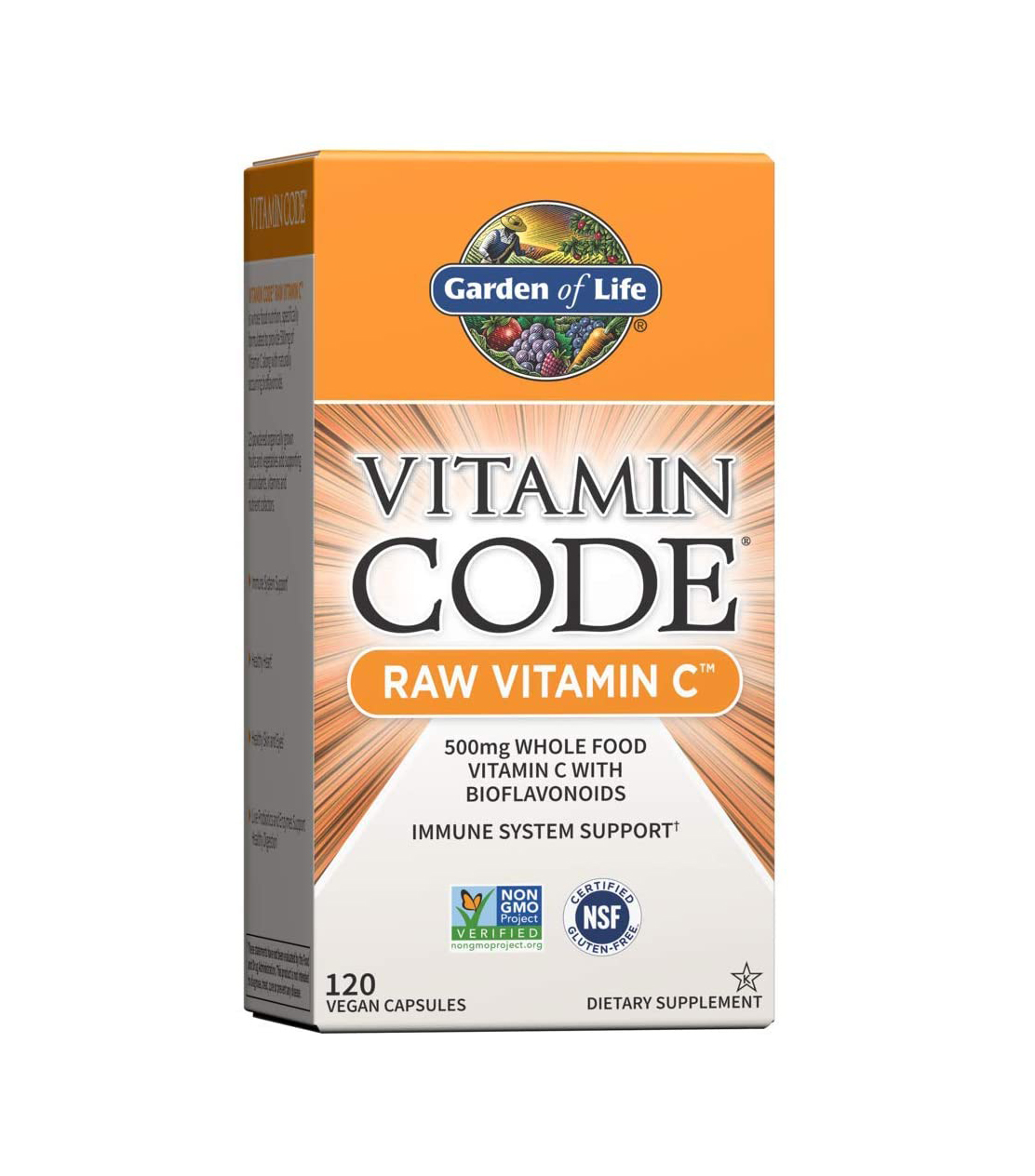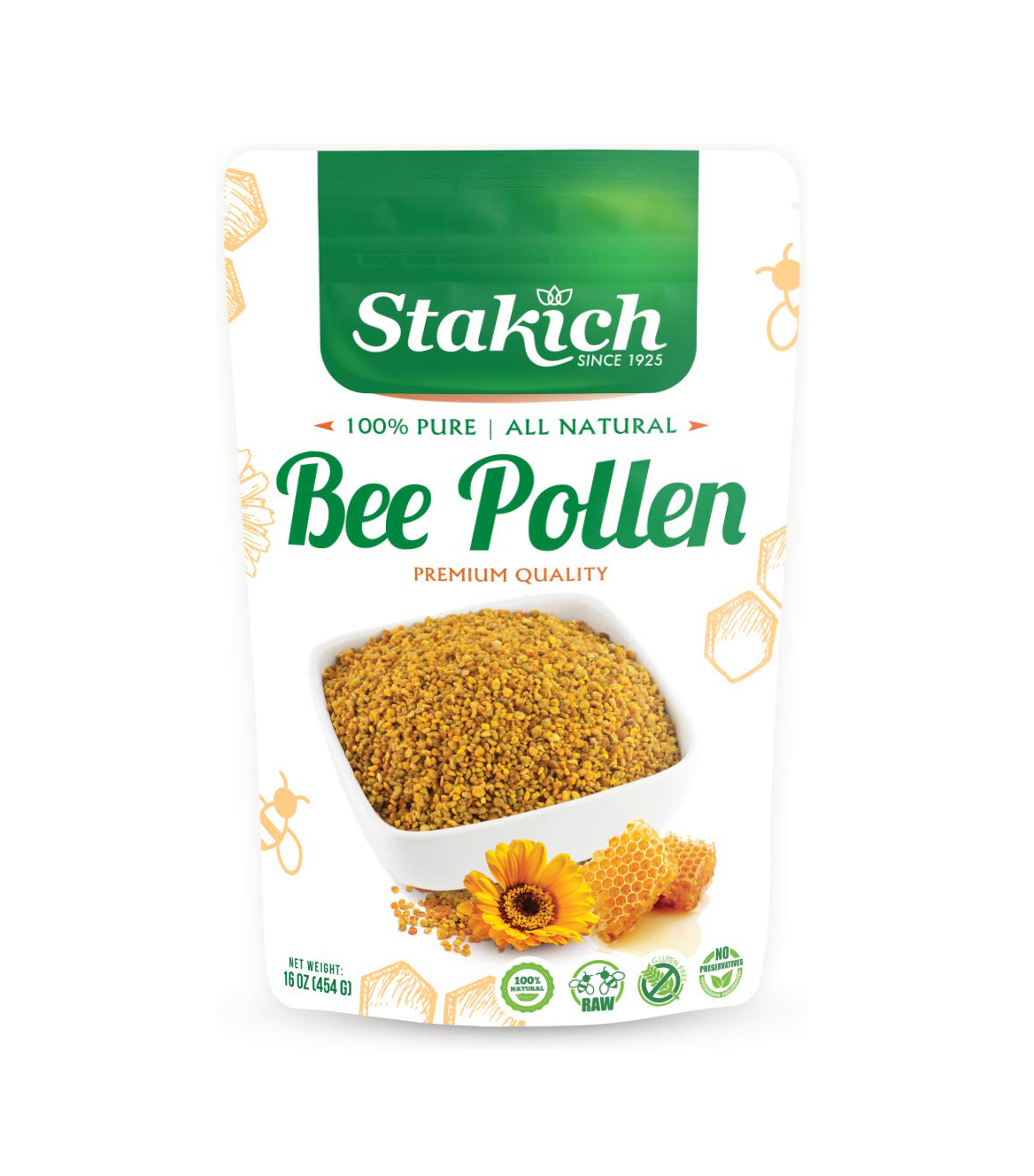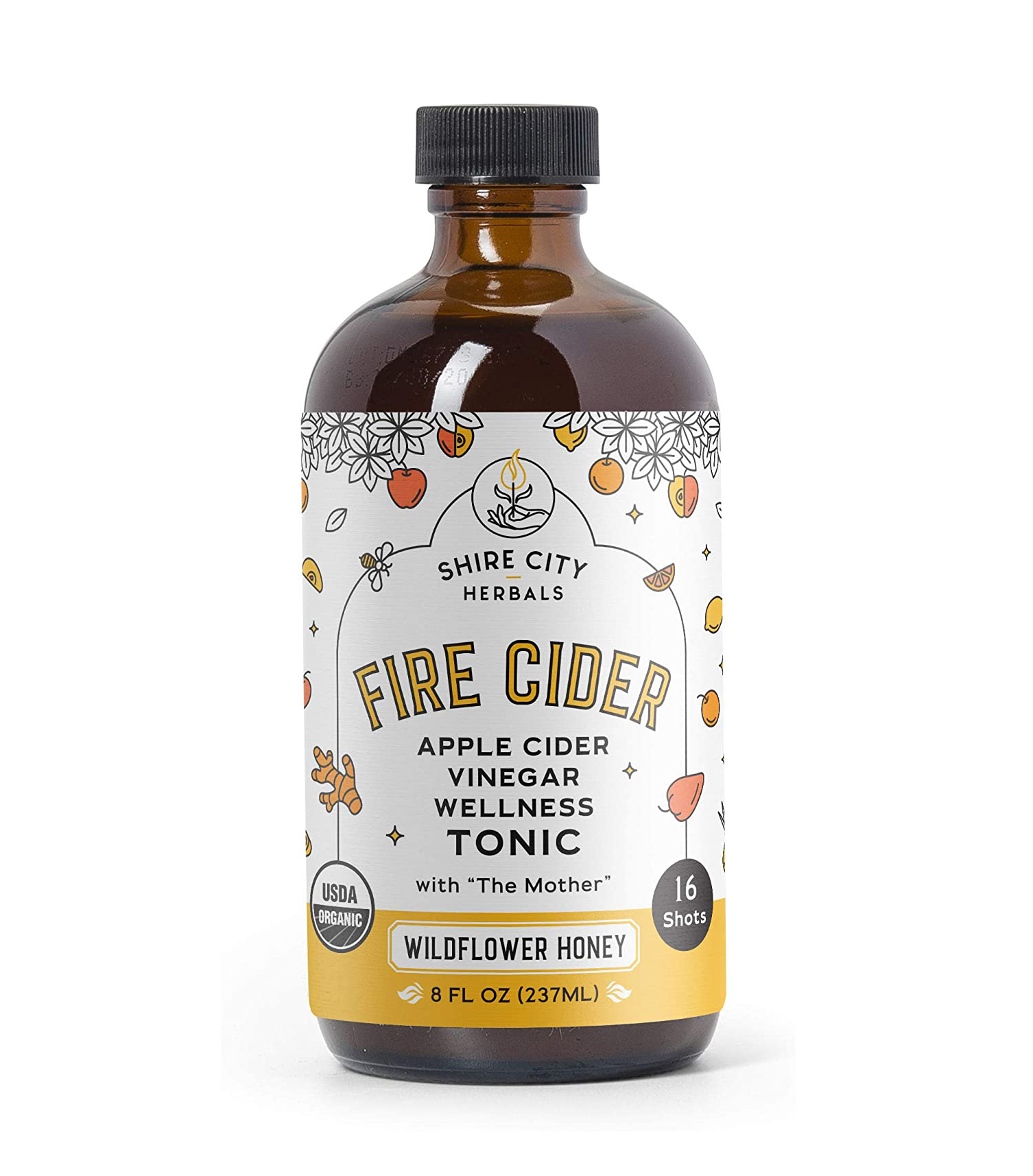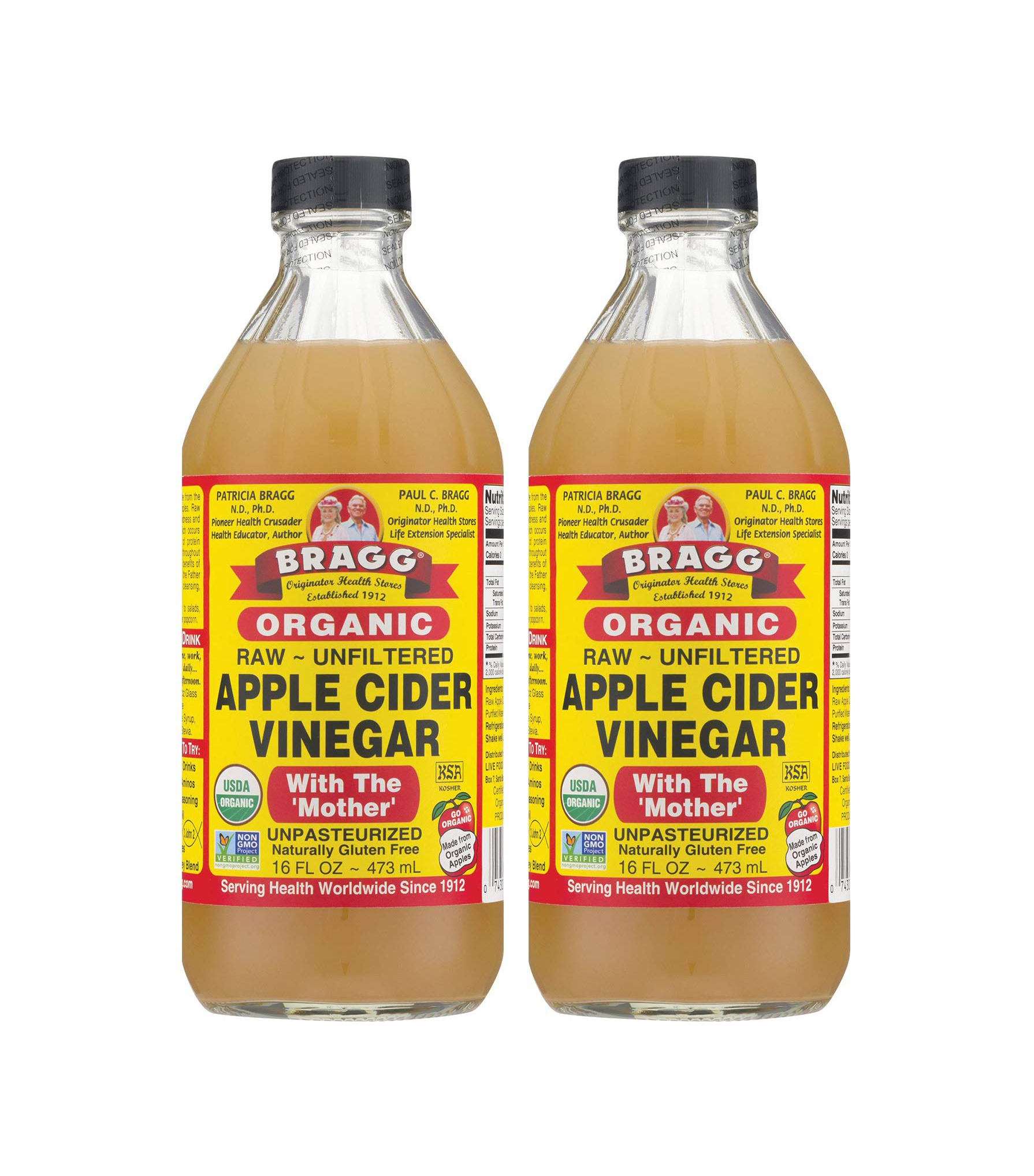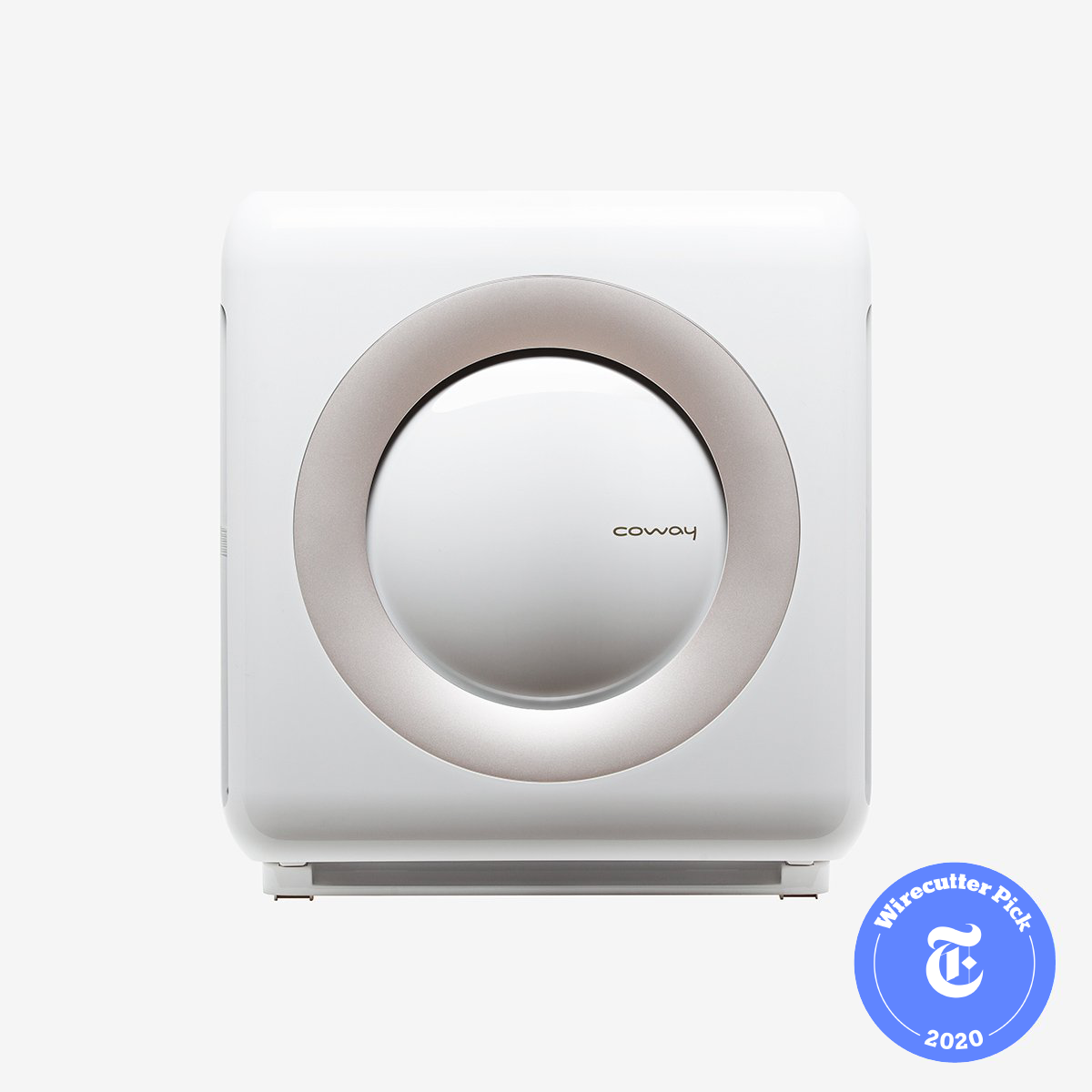9 Natural Remedies for Allergies That Actually Work


I made it through 24 allergy seasons on the pollen-heavy East Coast without so much as a sniffle. Can you blame me for thinking I had officially dodged that genetic bullet? I watched year after year as my older brother sneezed and suffered, choking back Claritin to relieve his symptoms, sympathizing with his apparent misery but nonetheless thankful that I could spend spring outdoors and breathe easy. That is, until I moved to L.A. and woke up one morning with a debilitating pain radiating through my sinuses.
I figured it was just a cold because hello, I don't have allergies. But after two weeks went by with no relief—and then noticing that my symptoms got worse whenever I spent more than a few minutes outside—I grumpily began to accept my fate. And then a fellow ex–New Yorker confirmed it: She too had gone allergy-free for most of her life, until she swapped coasts. Perhaps it was just a coincidence and it's really a matter of age; my working theory is that California has bionic pollen that our respiratory systems hadn't been conditioned to handle. No matter the cause, the conclusion remains the same: I now suffer from seasonal allergies. What a joy.

Here's the thing: Barring serious illness, I'm not big on taking any kind of meds—not even Advil. I've had plenty of success treating minor symptoms and ailments with natural remedies, Eastern medicine, and a healthy lifestyle. This has been my MO for about six years, which is why it was a huge deal—and indicative of just how crummy I was feeling—that I began to consider getting a prescription for allergy pills.
But in spite of my itchy eyes and the distinct sensation that a truck was repeatedly backing into my sinus cavity, I made myself a deal: I'd try home remedies for allergies first, and if nothing improved in a week's time, I would then hit my local pharmacy. I got to researching, and the next day (love you, Amazon Prime) I had an arsenal of holistic remedies on my doorstep, ready for testing.
That was a Monday. By Wednesday of that week, I could breathe out of one of my nostrils. By that weekend, the achiness was finally beginning to subside, and on the following Saturday I was back out on my favorite hiking trail with few complaints. At this point, I figured it was safe to declare my methods a success.
So, how did I do it? While I wish I could say that I took a magical, all-natural pill that did the work, it really involved a bit of a lifestyle overhaul bolstered by a few specific natural remedies for allergies. Keep reading for the prescription.
Step 1: Giving My Body Some TLC

Whenever I'm feeling "off" in any way, the first thing I always do is check in with my lifestyle: Am I eating properly? Exercising? Getting enough sleep? Sure enough, I realized that stressing about little things at the office, a lack of shut-eye, and too many happy hours probably weren't doing my immune system any favors.
So my first plan of attack was to reestablish my healthy habits. I recommitted to my nightly eight hours, filled my fridge with clean foods, and decided to go cold-turkey on alcohol for a few weeks. Hiking, my preferred method of exercise, was out of the question until I could handle going outdoors again, so I opted to stream easy workouts at home.
And FWIW, I also deep-cleaned and Kondo-ed my entire apartment—to get rid of dust and any other potential irritants (especially since I have a lot of indoor plants), but also because I never underestimate the impact that a tidy, stress-free, tranquil environment has on my body.
Step 2: Filling Up on Vitamins
Confession alert: I'm not the best at taking my daily vitamins, which is not exactly ideal when you follow a plant-based diet. I always forget! But that wasn't going to fly while I was sick, so I doubled down on that habit and kept my supplements in eyeshot on my desk as a reminder.
Cool fact about vitamin C: Studies show that getting 2000 milligrams a day can reduce histamine levels by up to 40%. That's powerful stuff! So while I took a variety of vitamins each day, I focused especially on filling up on vitamin C both through my diet and with my handy 8G tablets, which I usually just pop into my water bottle.
Step 3: Fighting Pollen With Pollen
It sounds counterintuitive to consume pollen when that's exactly what is torturing your body, but bee pollen is magical stuff. In addition to being an antifungal, antimicrobial, and antiviral, and even beneficial against cancer, it's also an anti-inflammatory and an antihistamine. I sprinkled a tablespoon in my smoothie every morning for extra relief.
Step 4: Boosting My Immune System With ACV
Is there anything that apple cider vinegar can't do? In addition to being the ultimate beauty multitasker (move over, coconut oil), it has an array of health and wellness benefits, too, antibacterial and anti-inflammatory properties chief among them. It's for this reason that it makes a great natural remedy for allergies. My go-to tonic whenever I'm feeling under the weather includes ACV, along with other cayenne pepper, maple syrup, lemon, ginger, and sometimes garlic—all ingredients that offer a natural immune boost and instant sore throat and sinus relief.
Don't feel up for gathering all these ingredients at home? Try this handy bottled brew. Cheers to breathing a little easier—and actually enjoying the better weather.
Step 5: Avoid Pollen at All Costs
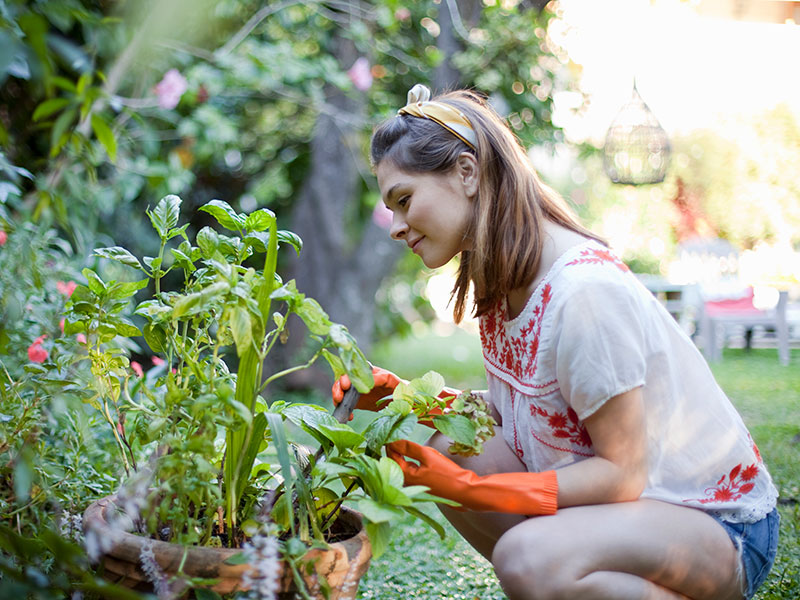
That doesn't mean you have to be a hermit during allergy season, but be mindful of your exposure to pollen and check the levels online to prepare. The Mayo Clinic recommends you delegate yard work or gardening to others when the pollen level is high, remove clothes you've worn outside once you're indoors, and shower after being outside to rinse the pollen from your hair and body.
Step 6: Clear the Air
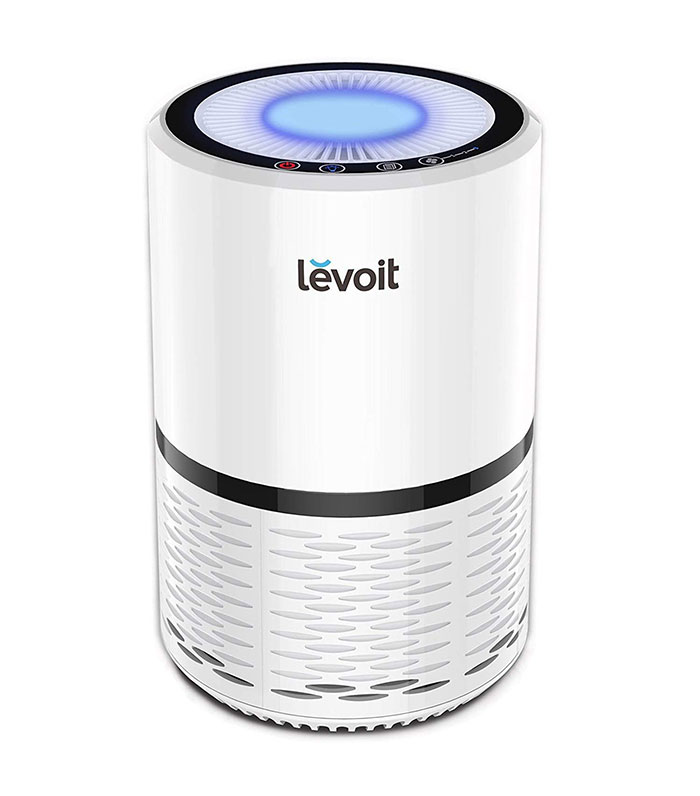
Change your air-conditioner filters regularly. You can also invest in a dehumidifier or a portable air filter, recommends the Mayo Clinic.
Step 7: Use a Neti Pot
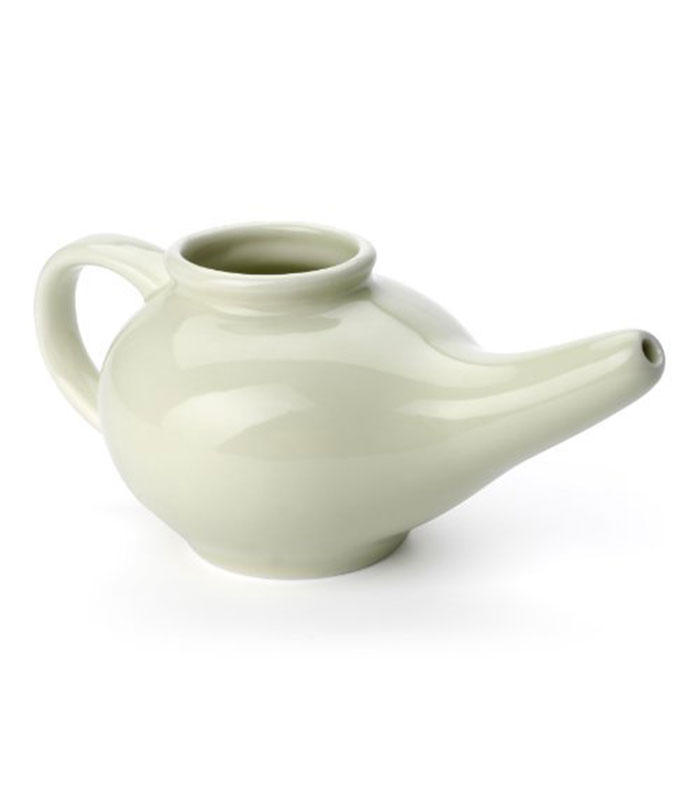
You can also rinse out any irritants with a neti pot. It's important to note that you should always use distilled, sterile, or previously boiled water, not tap water since it contains organisms that can stay alive in nasal passages and might cause infections, according to the U.S. Food and Drug Administration.
Step 8: Try Acupuncture
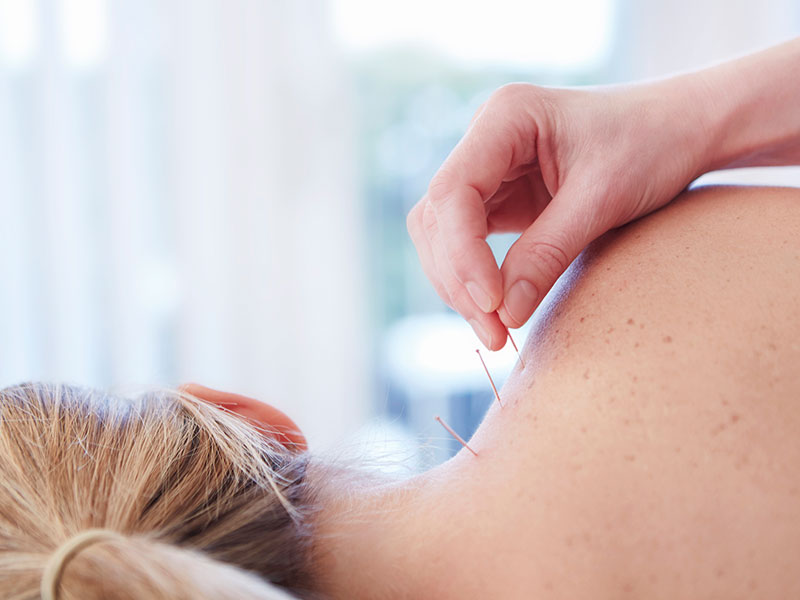
A 2013 study found that using acupuncture to treat allergies led to some improvement in participants. The Mayo Clinic says that since there's little evidence of harm, it's worth trying, but talk to your doctor first.
Step 9: Stock Up on Essential Oils
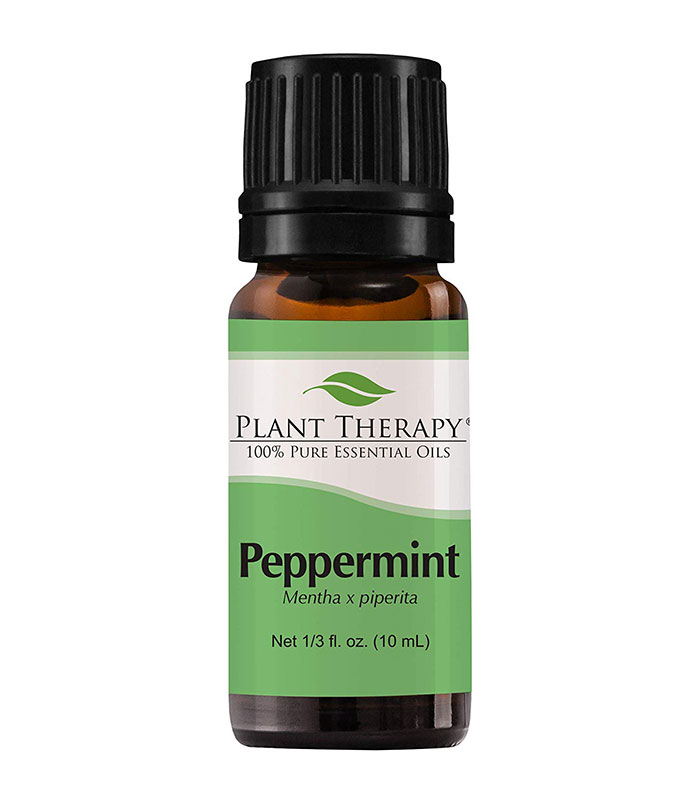
Essential oils can be used as remedies for a number of problems, and some people believe that they can also treat allergies. Peppermint, eucalyptus, and lemon essential oils might provide some relief.
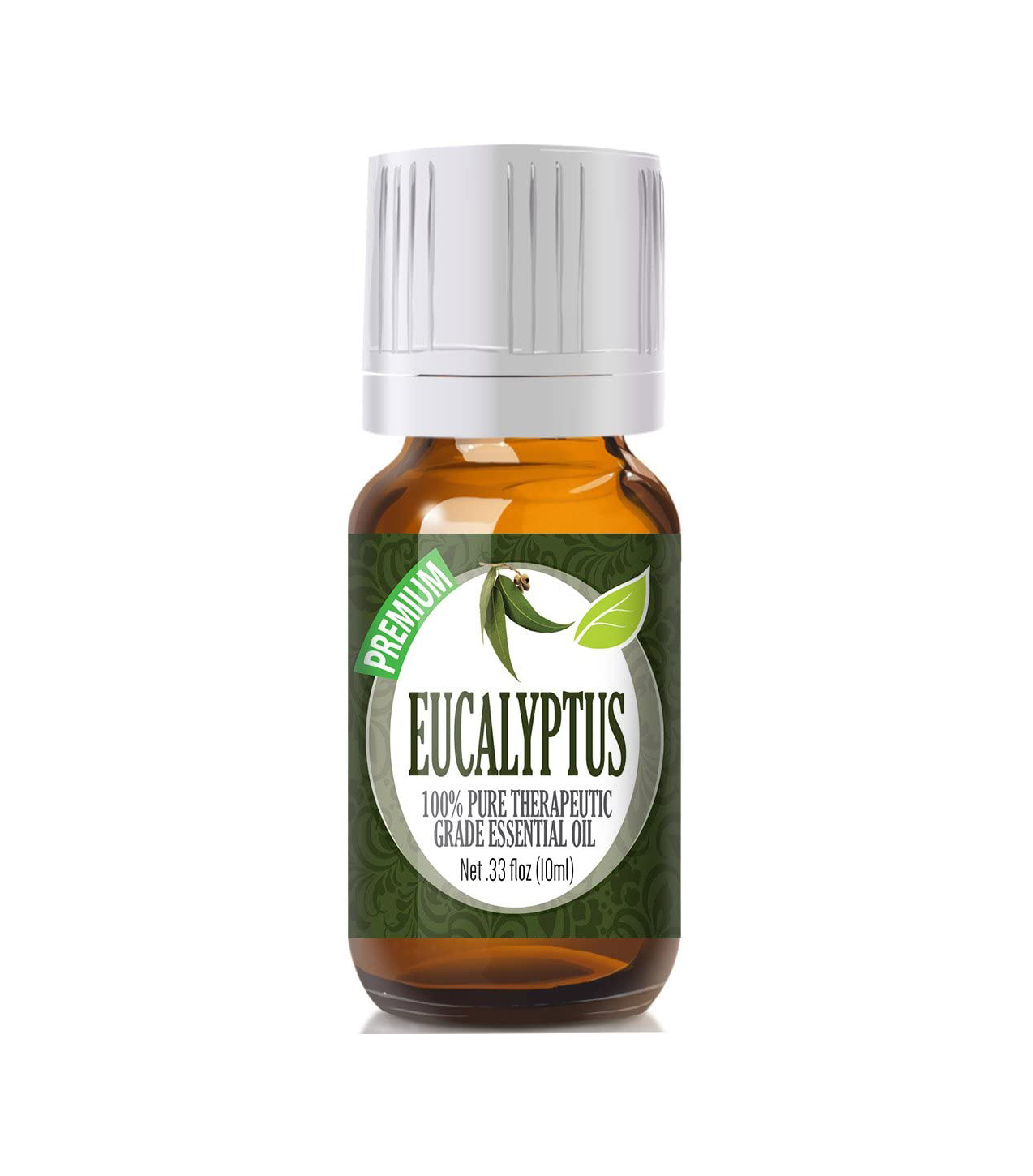
Next up: These Are the Best Home Remedies for Heartburn, According to a Doctor
This article was originally published at an earlier date and has since been updated.
Disclaimer
This article is provided for informational purposes only and is not intended to be used in the place of advice of your physician or other medical professionals. You should always consult with your doctor or healthcare provider first with any health-related questions.
-
 CBD May Be the Missing Ingredient in Your Morning Routine—Here's Why
CBD May Be the Missing Ingredient in Your Morning Routine—Here's WhyThe founder of a CBD company tells us why she swears by it.
By Stephanie Limiti
-
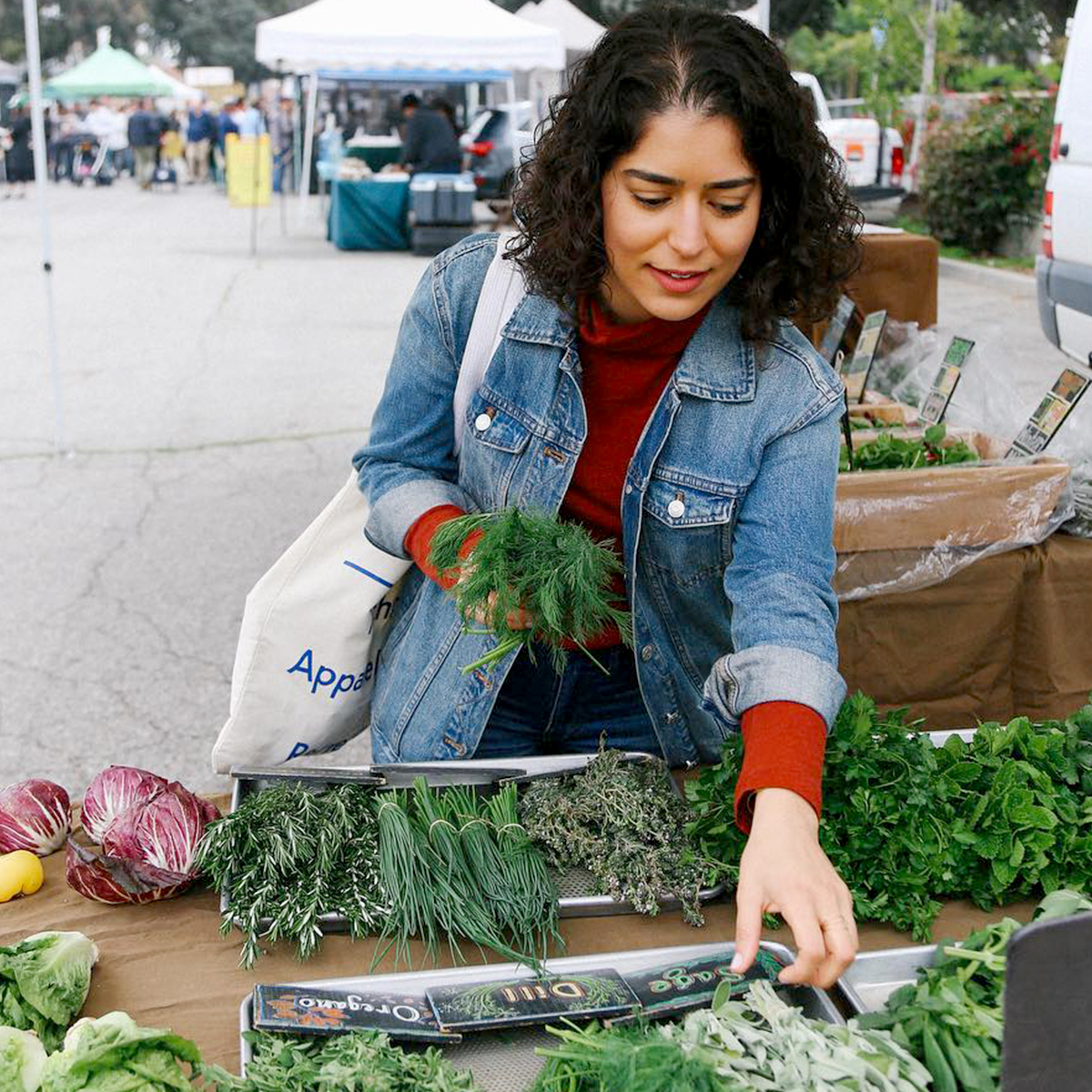 I Have an Autoimmune Disease—Here's What I Eat Now for Healthy Immunity
I Have an Autoimmune Disease—Here's What I Eat Now for Healthy ImmunityFood is medicine.
By Stephanie Limiti
-
 These Are the Best Home Remedies for Heartburn, According to a Doctor
These Are the Best Home Remedies for Heartburn, According to a DoctorNever miss out on margarita night again.
By Erin Jahns
-
 5 Reasons Why Visiting an Infrared Sauna Will Give You More Than a Good Sweat
5 Reasons Why Visiting an Infrared Sauna Will Give You More Than a Good SweatWe tried it.
By Stephanie Limiti
-
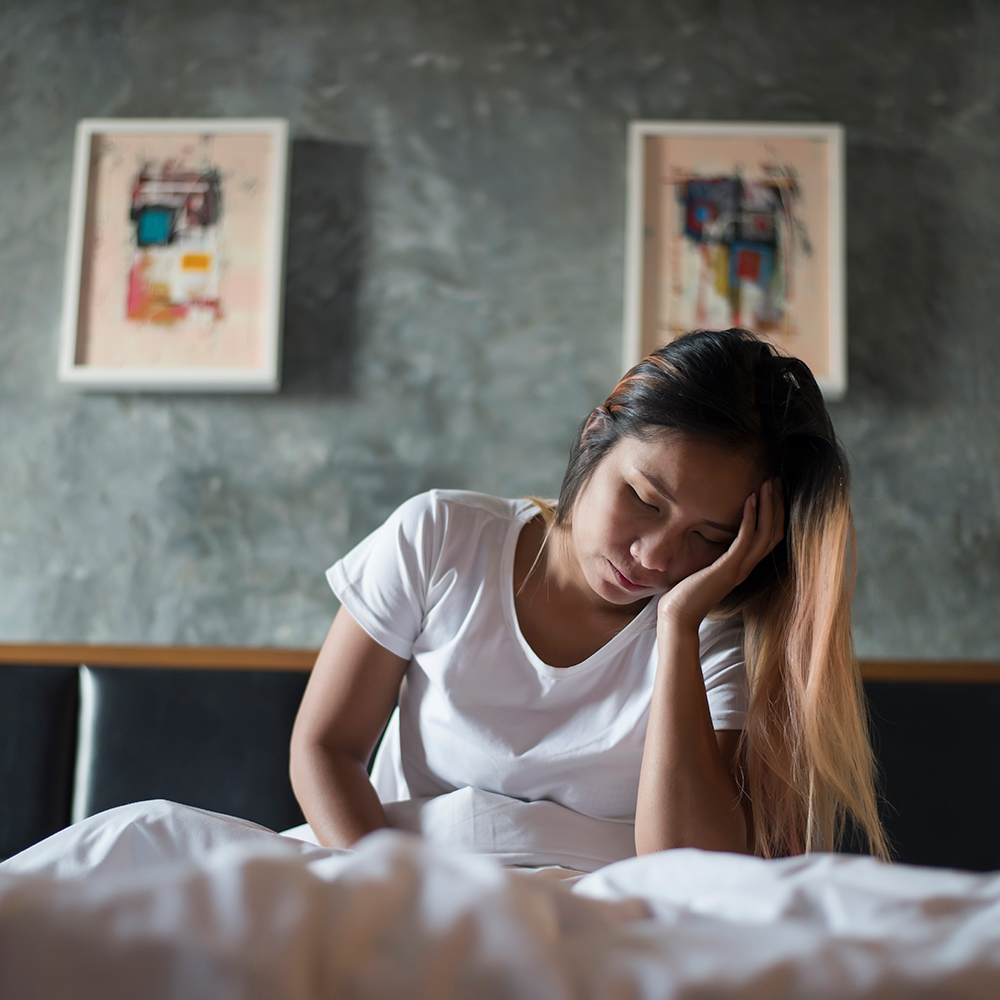 The 5 Best Natural Migraine Remedies, According to Science
The 5 Best Natural Migraine Remedies, According to ScienceThey're proven to work.
By Allie Flinn
-
 Meet "Earthing," the Simple Wellness Ritual That Makes Me Happier
Meet "Earthing," the Simple Wellness Ritual That Makes Me HappierIt's scientifically proven to boost your mood.
By Victoria Hoff
-
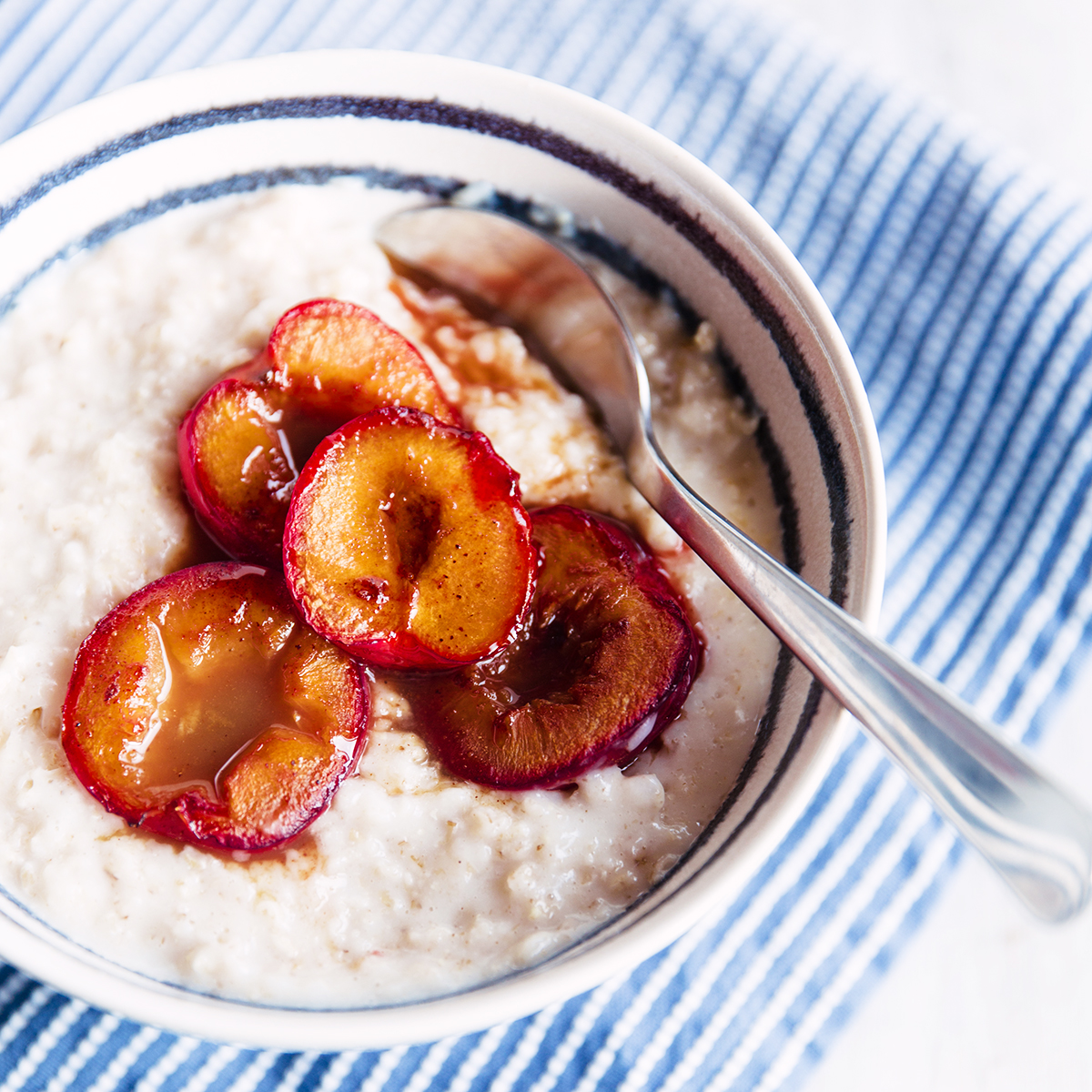 The Most Soothing (and Healing) Foods to Eat When You Have a Sore Throat
The Most Soothing (and Healing) Foods to Eat When You Have a Sore ThroatIce cream is only good in theory.
By Audrey Noble
-
 Acupuncture for Insomnia—I Tried It and I Have Thoughts
Acupuncture for Insomnia—I Tried It and I Have ThoughtsIt's not a one-and-done treatment.
By Audrey Noble
